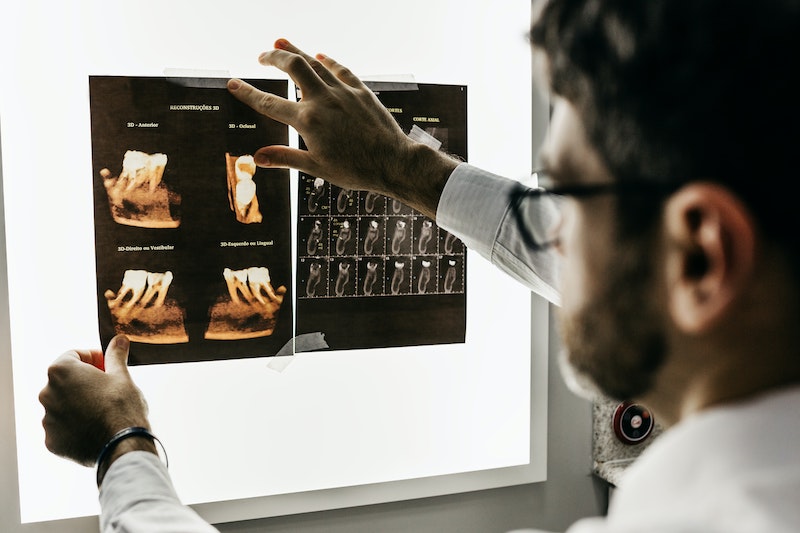Dentists in Scotland have expressed frustration at the NHS’ refusal to pay thousands of pounds in outstanding treatment fees from support packages created to offset the economic losses caused to dental practices by the pandemic.
Dentists recently told the Herald that there were communication problems and an increased disparity in care given to NHS and private patients owing to the current prohibition of aerosol-producing procedures (including drilling) on NHS patients.
In the Highlands where many practices are private, the situation is particularly challenging because they are receiving no government support during the current health crisis.
What Compensation are Dental Practices Currently Receiving in the Highlands?
In the Highlands, as is the case in the rest of Scotland, the situation on government payments is mixed.
At the start of the pandemic, the NHS announced that it would compensate practices that had been ordered to close, via monthly packages.
A COVID briefing published on April 8 by BDA Scotland indicated that all NHS dentists would receive 80% of the average income as part of this package.
However, most practices offer both NHS and private services, meaning that they are only eligible to receive 80% of half of their income.
Meanwhile, Highlands dentists who offer exclusively private services are struggling under restrictions that are seeing them unable to perform some urgent care procedures – including those requiring drilling and other procedures that result in aerosol formation.
Restricted Procedures
Currently, aerosol generating procedures are restricted, and procedures requiring them can be carried out in urgent dental care centres exclusively.
These procedures, says Scottish Dental, involve the use of dental equipment that produces “a fine spray of air, water, or aerosol.”
This spray can contain droplets that carry virus particles that can then cause transmission after entering the body through the eyes, nose, or mouth.
Aerosol generating procedures include fillings, root canals, and scaling.
The latter is carried out when gum disease is present.
The dentist can elect to clean teeth and remove plaque from beneath the gum line.
Known as ‘deep cleaning’, this process is often carried out to prevent gingivitis and other gum issues that can arise from poor oral hygiene.
PPE Requirements and Barriers
Additional regulations being imposed in Scotland include the use of special PPEs.
Caps have also been placed on how many people can be present in a waiting room to reduce the chances of infection.
Dentists report that they are seeing significantly less patients than in the past, a fact that is dramatically reducing their income.
Many have complained that in countries across the globe, aerosol-generating procedures (AGPs) are being carried out and that evidence that they are causing greater spread of COVID-19 is lacking.
Dental practices in the Highlands and other areas of Scotland are struggling financially, with many unable to benefit from government compensation.
The situation is particularly difficult in areas like the Highlands, where many practices are private.
Bones of contention needing to be addressed include the restriction on AGPs, which has significantly reduced the number of patients that clinics can treat.



